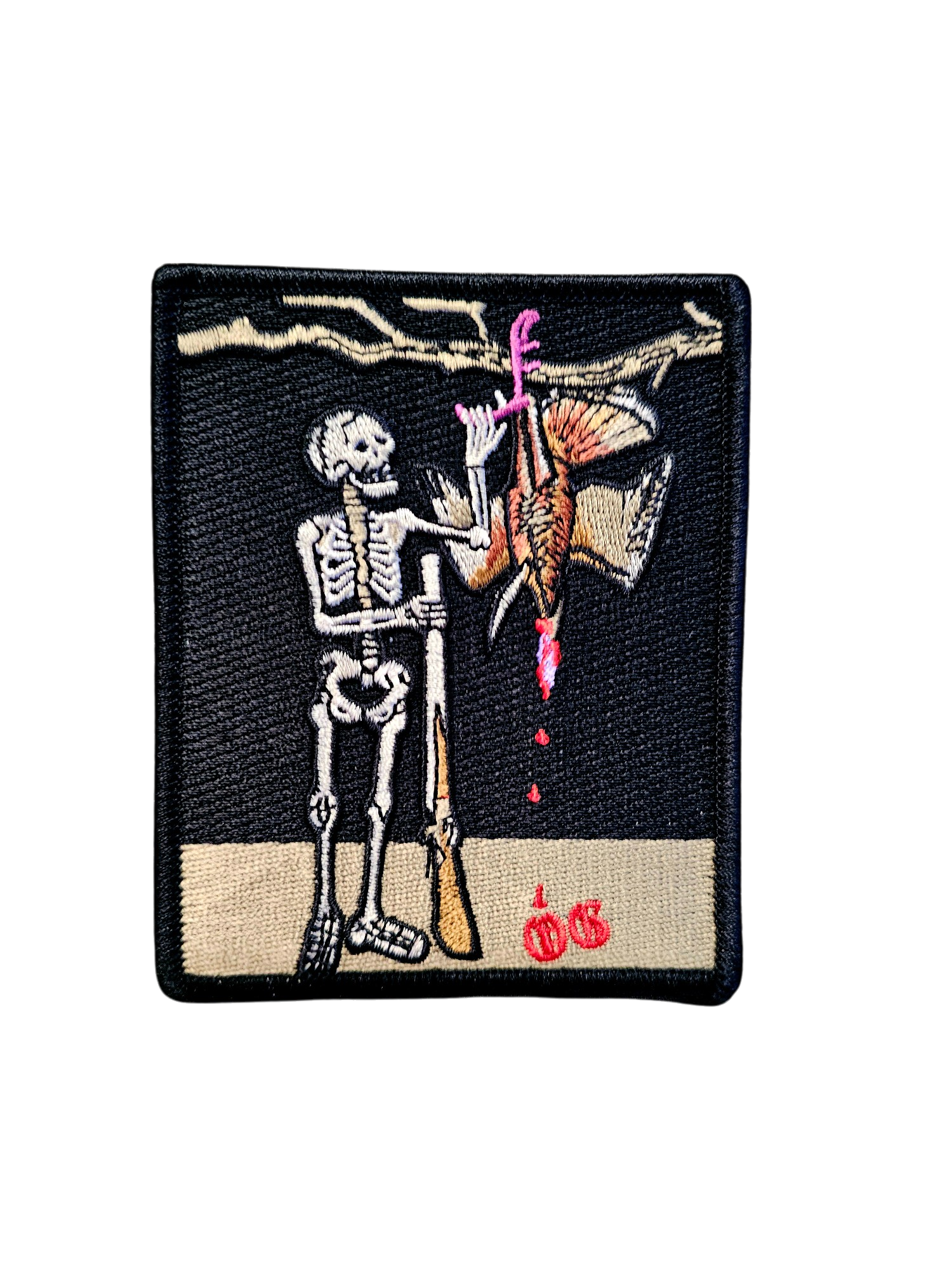        |
Box calls lids getting slickStarted by Txag12, March 06, 2022, 09:37:22 PM Previous topic - Next topic
User actions
|
        |
Box calls lids getting slickStarted by Txag12, March 06, 2022, 09:37:22 PM Previous topic - Next topic
User actions
|